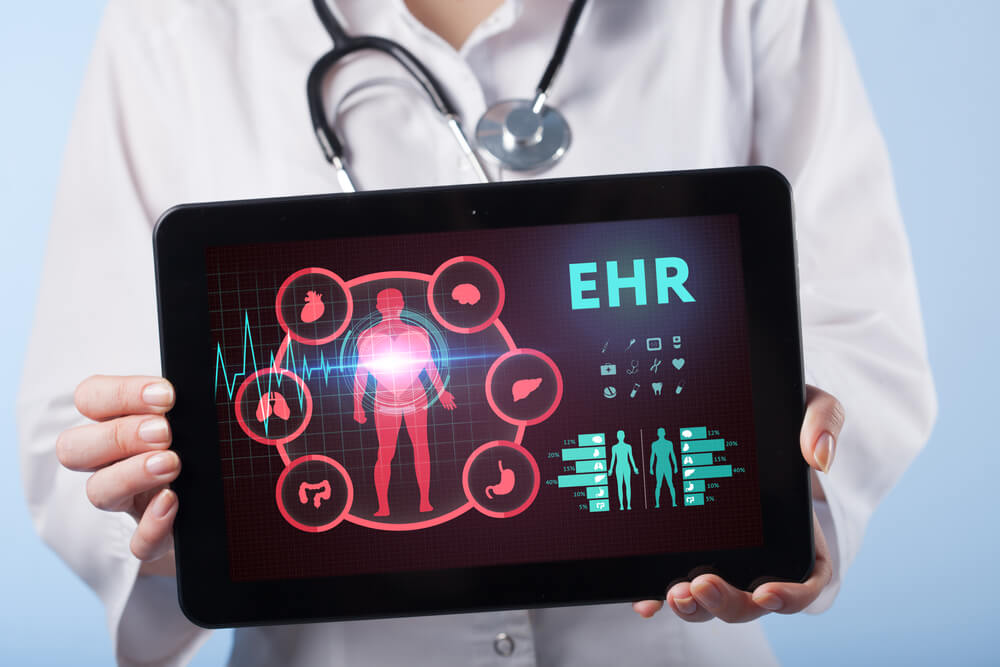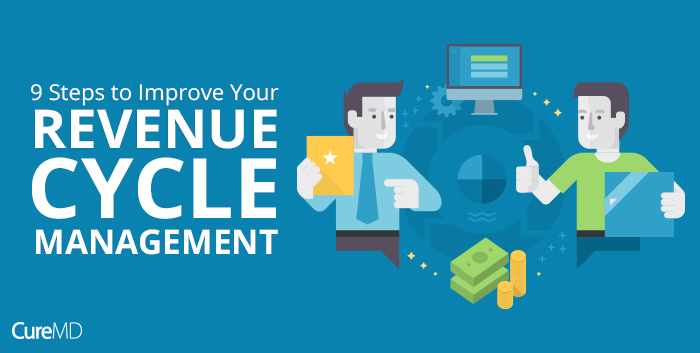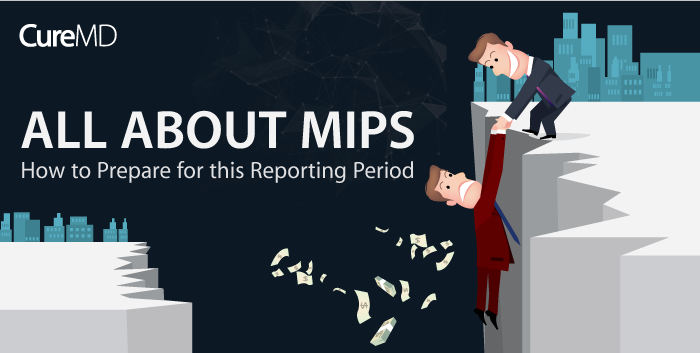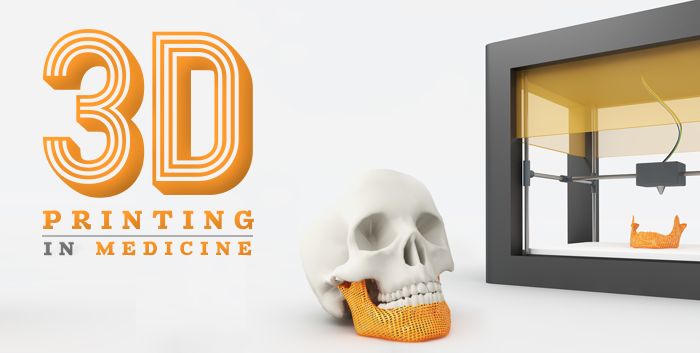EHRs have the potential to effectively and comprehensively manage the health of patients with chronic conditions by integrating well with other digital health tools. While EHRs are finding more efficient ways to manage practice workflows, they are also playing a pivotal role in engaging patients with chronic disease management. The underlying premise remains to embrace Read more…
The Benefits of a Specialty Specific EHR
While a basic EHR system brings a great many advantages to any practice, investing in a specialty-specific solution might be just what you need to squeeze that extra little bit of efficiency out of your daily workflow. Custom templates, content, and automation of routine tasks are just a few of the benefits you gain from Read more…
5-Steps Checklist For A Successful EHR Implementation
To successfully unlock the power of digital charts, your EHR implementation journey must be smooth and hassle-free. We have come to realize the importance of Electronic Health Records (EHRs) at medical practices. The benefits range from enhanced efficiency to improved patient outcomes and higher satisfaction levels. In essence, EHR is a digital version of your Read more…
How to Improve RCM to the Maximum Potential
As the healthcare industry transitions from fee-for-service models to value based approaches in an effort to tackle rising costs, revenue cycle management takes on a much greater significance. From pre-registration to collections, the dynamics of your revenue cycle depend on a myriad of key factors. Your hospital or healthcare institution may be dealing with largely Read more…
Time to Automate your Denied Claims
As the transition to value-based care continues and healthcare providers experience an increase in claims denials, many are looking for new solutions for handling value-based care and fee-for-service claims. According to a recent HIMSS Analytics survey, roughly one-third of health care providers are still using a manual process to manage claim denials. “Given the complexities around Read more…
How to Care for the Millennial Patient?
According to a Pew Research Center analysis of U.S. Census Bureau data, Millennials have become the largest generational group in the United States. Along with this shift in demographics comes changes in experiences, attitudes and expectations, all of which have implications for varying businesses, including health care providers. A 2012 study from ZocDoc and Harris Interactive found that Read more…
MIPS: Prepare for this Reporting Period
It is time to start collecting data for the last reporting period of 2023 for MIPS. If you have not collected at least 90-days of performance data by Jan 2, 2023, you will get a negative adjustment from Medicare. Confused? As CMS released information a bit late, many practitioners are rather confused about how to Read more…
The benefits of a clinically driven revenue cycle
Improving patient outcomes and reducing denials are among the primary goals of all healthcare organizations; what both of these goals have in common is that they can both be achieved through a clinically driven revenue cycle. Integrating clinical data into claims processing will significantly reduce denials, leading to fewer days in accounts receivable and, ultimately, Read more…
Patient Billing Should Be Your Last Resort
Not so long ago, Medical billing departments and services collected nearly every dime of medical practice revenue. Other staff would have little to no involvement in collecting money from patients, with the exception of copays at check-in. Patients would be billed, usually for small balances, after EOBs were submitted by insurance companies. However, health plan Read more…
7 Ways 3D Printing is Revolutionizing Healthcare
It’s hard to believe but 3D-printing has been around since the mid-80s. Since then, we’ve seen all manner of things like pens, shoes, jewelry, and even cars, printed “out of thin air”. Perhaps the most exciting use of this technology can be seen in the healthcare industry, and as the technology advances and becomes more accessible, we will see even more Read more…








